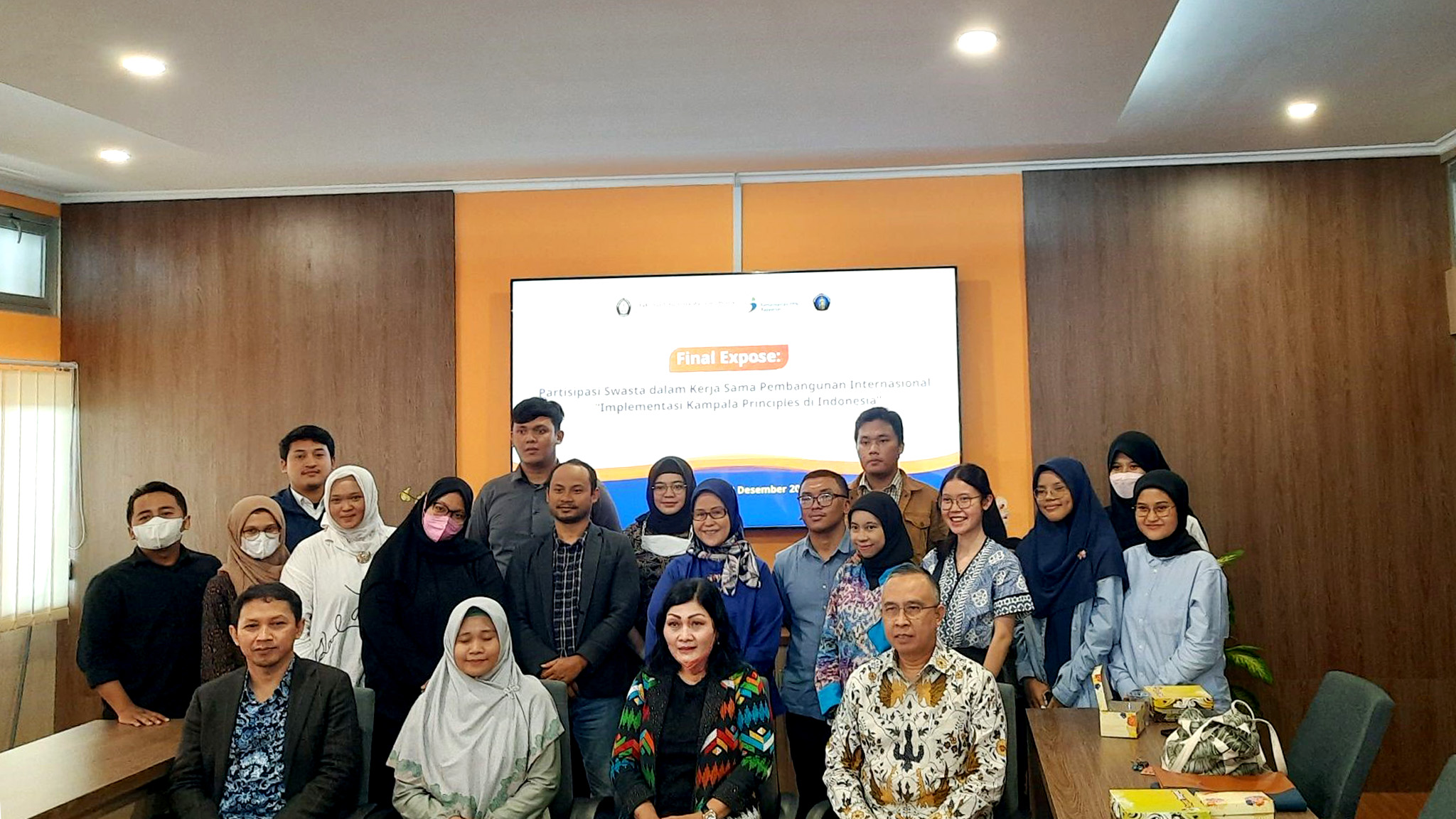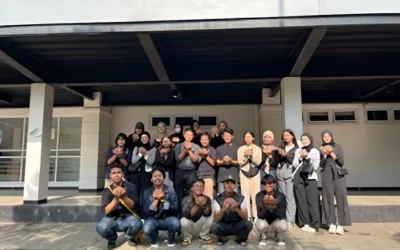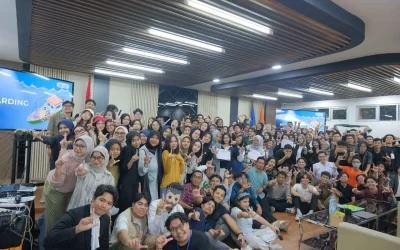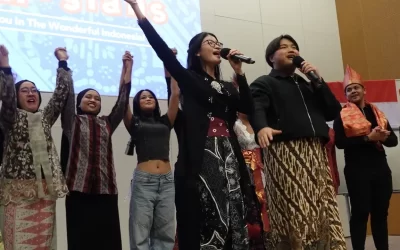Tembalang, Thursday, December 22, 2022- The Ministry of National Development Planning of the Republic of Indonesia / National Development Planning Agency (BAPPENAS) of the Republic of Indonesia in collaboration with the Department of International Relations, Faculty of Social and Political Sciences, Universitas Diponegoro organized research dissemination with a topic entitled “Private Sector Participation in International Development Cooperation: Implementation of Kampala Principles in Indonesia”.
The event was attended by students and lecturers in FISIP UNDIP and some from Brawijaya University. Dr. Hardi Warsono, MT as the Dean of the Faculty of Social and Political Sciences Universitas Diponegoro started the event which was followed by a speech by Dr. Ir. Wisnu Utomo, M.Sc as the Director of Foreign Policy and International Development Cooperation of Bappenas.
The event was divided into two sessions, namely the presentation session and the discussion by the discussants. The presenters include Dr. Agr.Sc. Hagus Tarno, SP, MP from the Director of the Center for South-South Cooperation Studies representing the research team from Universitas Brawijaya and Mohamad Rosyidin, S.Sos, M.A, from the Department of International Relations UNDIP representing the research team from UNDIP. Dr. Hagus presented the results of a study entitled “Measuring the Participation of Non-Government Actors in International Development Cooperation with Economic Added Value”. The next presentation on “Implementation of Kampala Principles by SOEs/Private Sector in Central Java” was delivered by Mr. Mohamad Rosyidin.
The Kampala Principle is a new paradigm in the international development framework, where one of the points is to increase the participation of private actors in achieving the international development agenda as stated in the SDGs norm. The findings of the research team show that companies in Central Java have indirectly contributed to the implementation of the Kampala Principle, but have not yet been institutionalized, and there is a lack of knowledge about international development cooperation as well as limited resources.
This was responded to by Prof. Budi Setiyono, PhD who is a Professor at FISIP UNDIP, Dr. Silvana Maulidah, SP, MP, an academic from the Faculty of Agriculture, Universitas Brawijaya and Dr. Riza Noer Arfani, an academic from the Director of the Center for World Trade Studies, Universitas Gadjah Mada. The discussants emphasized the need for collaboration between the private sector and the government which can be mediated by higher education academics.
The collaboration between BAPPENAS and UNDIP International Relations Department itself is an initial effort to connect the ethical interests of development and corporate profit interests. Involving academics also supports the principle of evidence-based policy, so that national policies are in line with the challenges and problems in the real world. Recommendations from the results of the study conducted by UNDIP International Relations Department academics themselves include the need for the concept of international development cooperation with an ethical dimension and not pragmatic, the need for support from the government in the form of APBN incentives and certification, tax incentives and the existence of a special multi-sector task-force.





0 Comments